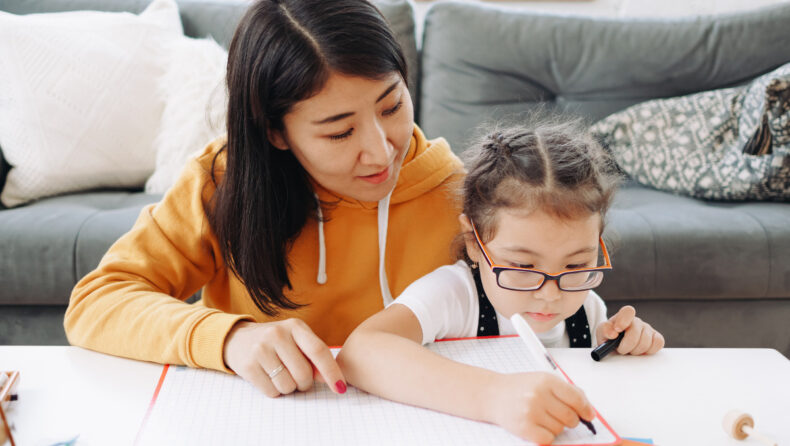Memory is a fascinating process of gathering information from our surroundings. We become cognizant of the data our brain processes, and then we save that information for weeks, months, and years in our memory bank called Hippocampus which is located inside the brain’s temporal lobe.
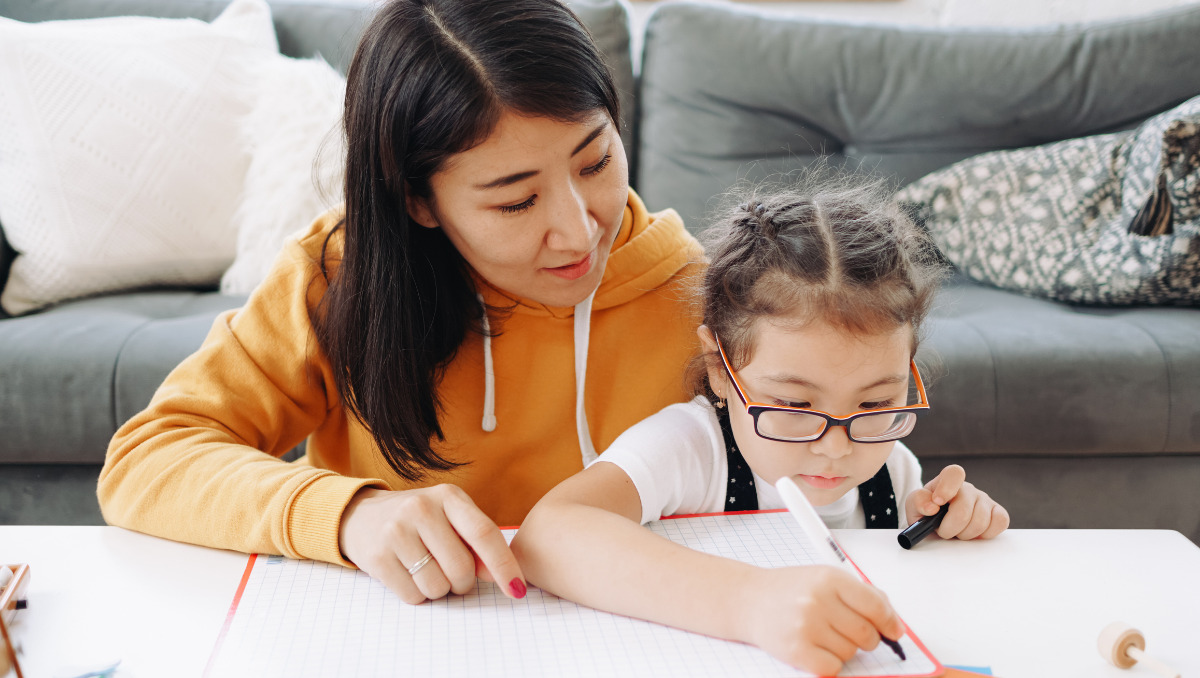
Parents often brood over the subject of grooming their kids. They want them to become an independent person so they can rely on their own decisions and choices with the help of their cognitions. The most significant aspect of any child or adult’s cognitive ability is his memory power.
Do you ever wonder what it takes to become a mnemonist? It’s a term coined for people who have an extraordinary memory. Memory is a skill that can be developed over time. Everyone would have become a mnemonist if it was that simple.
You don’t necessarily have to push your child to be a mnemonist because there are multiple ways and paths to cultivate a good memory skill set in your child.
If you’re guessing why your child forgot to brush his teeth even when you asked him to do that only after he finishes his favorite tv show and wonder why he went to sleep straight away, you are not alone. It may be a sign that his working memory needs a boost which is also sometimes referred to as short-term memory. We are going to discuss how you can amplify your kid’s memory power from a young age.
Memory Boost is easier if you start Teaching your Child from an Early Age
In an interview with Live Science, Debbie Ravenscroft, a senior professor in the Childhood, Education and Professional Development Department at the University of Chester, U.K. explained why children are fast learners.

She quotes— “It is a common way of thinking that children are like sponges and have the magical ability to learn skills faster than an adult, but there are some misconceptions here.”
Prof. Ravenscroft explains that the development of cognitive abilities depends on a child’s age. Therefore, children can’t overperform in comparison to their adult counterparts but do have some advantages over them when they are young.
The reason is said to be neuroplasticity which refers to the ability of the brain to make and alter the connections and pathways that are based on different experiences. Neuroplasticity is responsible for the child’s learning and unlearning processes. It enables the children to form habits, break routines or take actions and change approaches speedily.
A child’s social environment, experiences and curiosities play a major role in developing their cognition skillfully at a younger age.
Parents should mindfully apply the tricks and techniques discussed below to improve their child’s memory power:
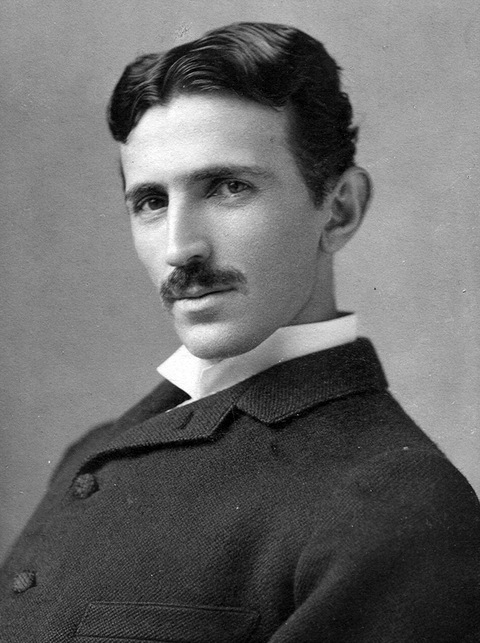
Visual Memory lasts longer than Verbal Memory
An animated informational video is more effective as it will last longer in your child’s memory bank than an audio–oriented podcast. A children- storybook with pictures sells more than a book with none. Images filled with colours pique a child’s interest and attention.
If you want your children to remember things not only for a long time but such that the information they store could help them in their future decisions. You need to help them form this habit of visualizing things.
For example- If you want your child to learn about the variety of colours. Take real-life examples from your surroundings such as the colour of curtains, bedsheets and fruits kept in the refrigerator.

Experience can fasten the Memory Belt of your Child
Let’s take a new look at the example we discussed previously making them learn and remember different colours. You can also take the child for an outing to a supermarket and can expose them to the vast of colours present in the supermarket or a fest.
A good memorable experience is an unforgettable experience. They will be willing to hear and listen to you with more interest than the time they were just sitting back at home.
Give them a cherishable memory to improve their cognitive abilities. That way you’ll be killing two birds with one stone by also spending quality time with them.
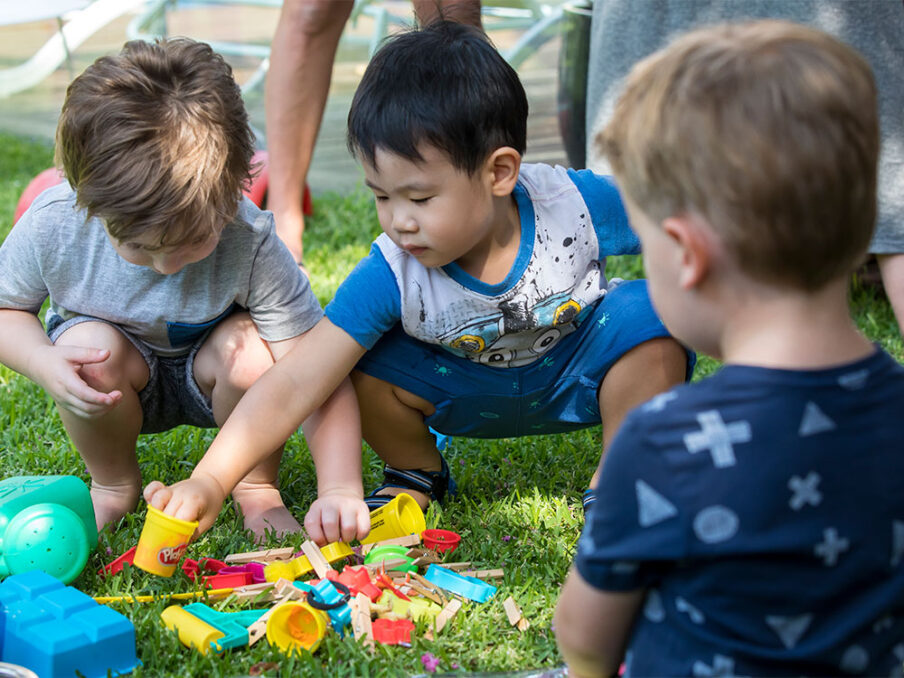
Power of Sensory Faculty
What’s the difference between telling your child about a train and taking them on a train journey or what’s the difference between telling them about a jackfruit and bringing them one?
In both scenarios the information is available but the only difference is the experience and realisation of that information. When your child gets on a train journey with you, he can see, touch and listen to the sound of trains running on tracks.
On the other hand, if you bring him a jackfruit, he will be able to see, smell, touch, and taste it. The overall experience of becoming a part of that information will be stored almost permanently in his brain.
So, in case you wonder why school trips are centered around museums and chocolate and biscuit factories, now you know the reasons.
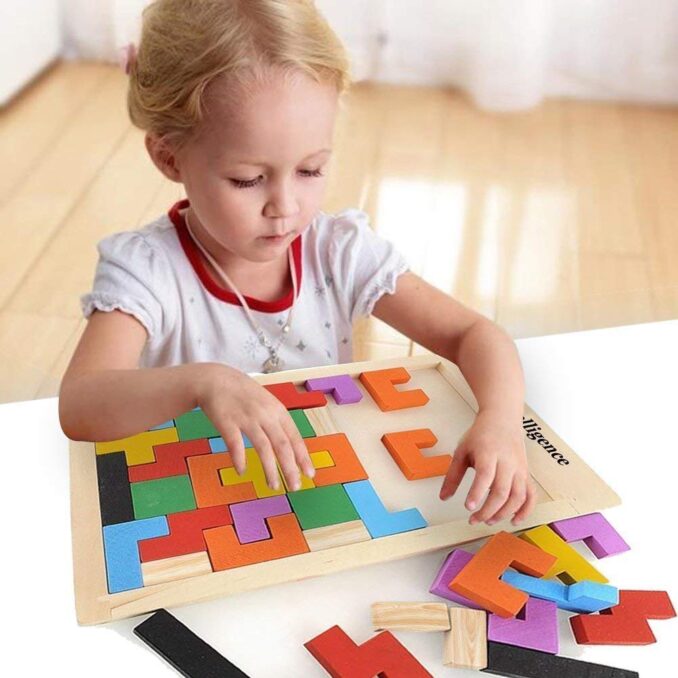
Identifying Patterns and Playing Memory Games
Teach your child the art of storytelling. That way he will be able to connect the dots between the data he collects. For example- if you are teaching him about the term ‘dozen’ of eggs. Help him make the correlation with the number of eggs kept in the refrigerator.
If the child learns when and how to connect a story based on the given piece of information. He will be eager to learn more and save more in his memory bank.
Various kinds of board games can help your child boost his memory. Some examples of memory games are Memory card and Memory train; where they have to remember sentences of all players as well as theirs in the order they were spoken.
Rhyming game as the name suggests the child has to speak words that rhyme to the word spoken by the previous player, other such games are ‘I Spy’, ‘Draw a word on my back’ and the most popular ‘Tetris Tangram Jigsaw puzzle’.
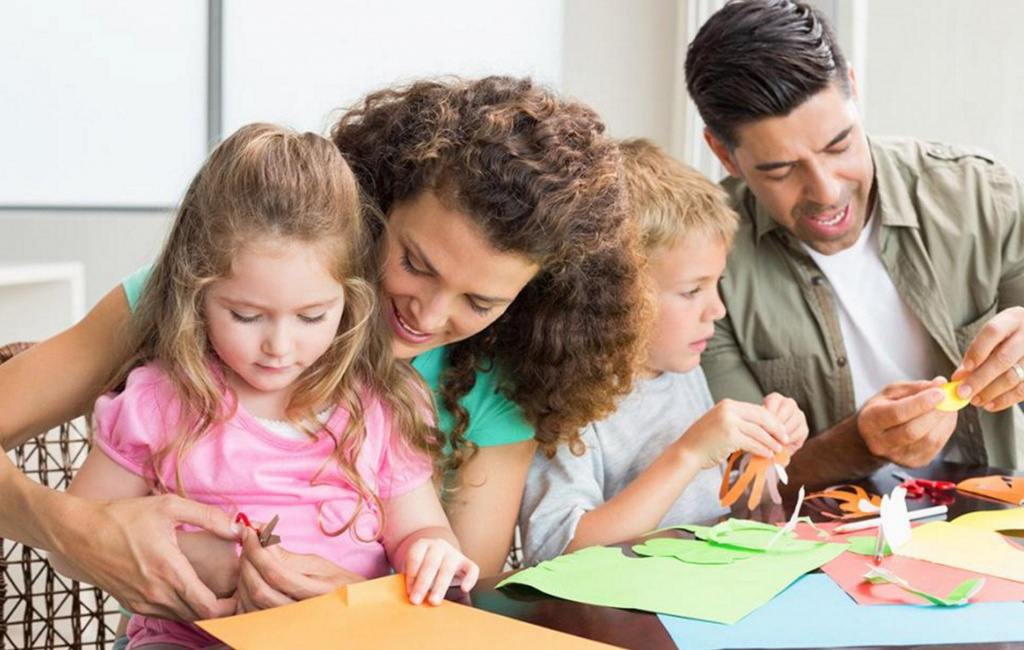
Points to remember while conducting Cognitive Training
If you are a parent, remember that your kids are also humans and not everyone can function the same. It’s normal for a child to not remember things as their minds are occupied with a million imaginative ideas during their former years.
Do not compare them with their fellow friends or other kids if they are being notorious. That’s not the best way to handle your kid’s pranks.
Children are fast learners but it doesn’t mean they can learn everything easily and do not require time to process information. Learning always requires a certain amount of focus, concentration and attention. So, if they are having a hard time learning or gauging something, don’t give them an earful immediately.
Let them have breaks in between study hours so that they can study more effectively and honestly. Do not compromise their learning capacities by stopping them from joining friends or having a considerable amount of fun time.
Just because you think it is only right for them to study; and thus they shouldn’t be given appropriate time for other activities. This mindset can deeply affect their mood, will, appetite and performance and as a result, they can lose their spark and curiosities, which could further hinder the proper growth and development of their cognitive abilities.







